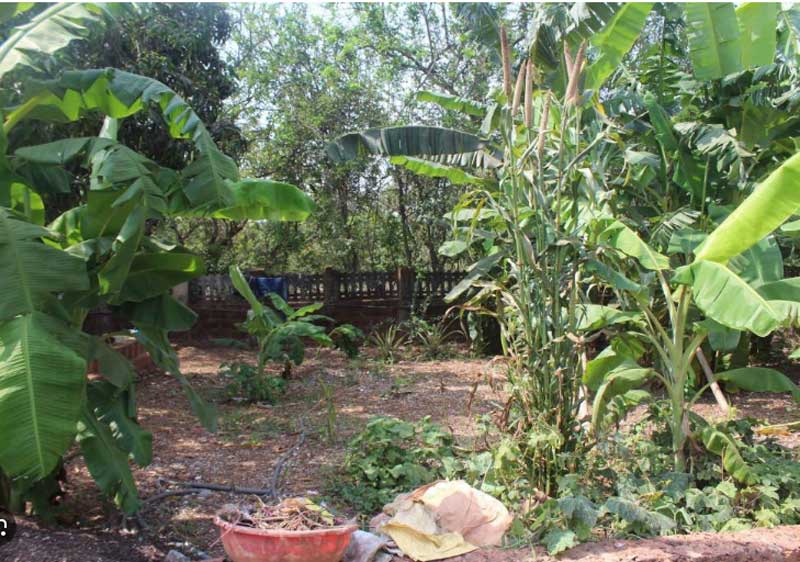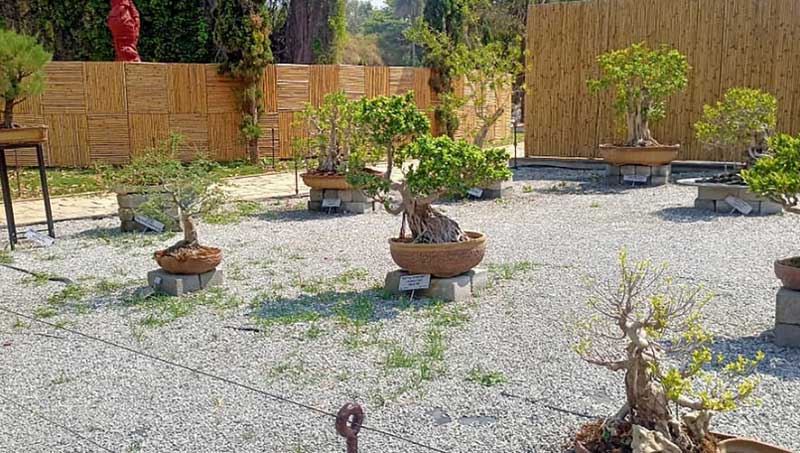TN and UK collaborate on low emission zones for Chennai
Chennai: The Tamil Nadu State Planning Commission, along with the British Deputy High Commission in Chennai, has come out with a report titled ‘Low Emission Zoning: A Toolkit for Chennai’. This happened as the UK Partnering for Accelerated Climate Transitions (UK PACT) programme. As per the report, low-traffic neighbourhoods (LTNs) is generally set up in residential areas.
LTNs limit the traffic volumes by reducing the use of residential roads for vehicles passing through to reach another area while still allowing access for citizens and local businesses, the report said. When selecting sites for LTNs, factors such as high traffic volumes, pollution levels, lack of green space, road accident rates, car ownership, and proximity to schools should be considered.
The toolkit was developed by Cenex, a UK non-profit organization known for dipping decarbonise transport and energy systems. The toolkit will guide regarding the introduction of Low Emission Zones (LEZ) in Chennai.
Also Read: Bihar’s nursery offers 40 varieties of mango saplings
If LEZ vehicles pollute the atmosphere above the limitation of their emission levels, a fine will be imposed on vehicles that fail to meet the set standards. The report makes it clear that the LEZ strategy is likely to be carried out in two phases in TN’s capital, with both short-term and long-term actions.
The aim of an LEZ is to combat pollution so that public health can be improved. In Chennai, pollution levels are high due to road dust, vehicle emissions, construction activities, and industrial waste. Although Chennai has been taking all kinds of steps to tackle pollution by introducing mechanical road sweeping, monitoring air quality, using electric vehicles for waste collection, regulating industrial emissions, and regularly checking vehicle emissions through Pollution under Control (PUC) certificates.

















